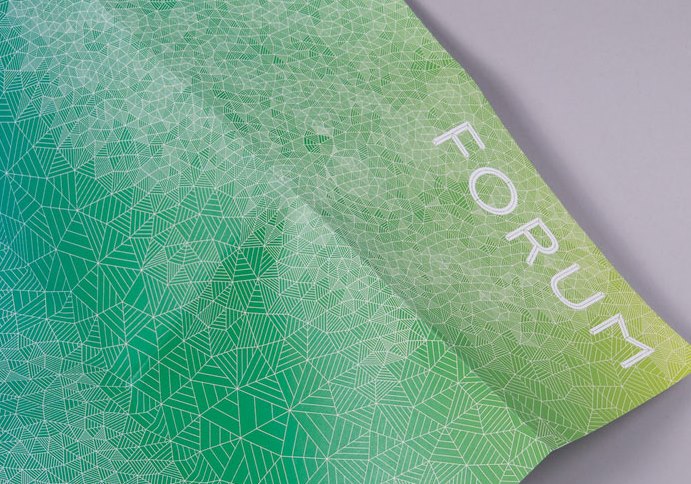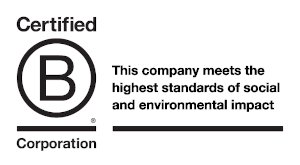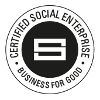Today (4th July 2014) is UK Employee Ownership Day. As an employee-owned organisation, part of the Useful Simple Trust, I thought it would be good to take the opportunity to talk about why the Useful Simple Trust was set up, and what employee ownership means to us.
About the Useful Simple Trust
The Useful Simple Trust was founded in 2008 as we believed that employee ownership offered a model that would better ensure the sustainability of the practice. We are a family of five businesses operating across communications design, engineering, education, architecture and sustainability.
Our organisational structure is an “employee benefit trust”. In simple terms this is an Employee Owned Organisation a bit like John Lewis. But, unlike John Lewis, employees don’t hold shares in the business, these are held for us in Trust.
Why Employee Ownership?
This model of business is advocated by organisations such as the New Economics Foundation and the current Coalition Government. Employee ownership, where staff have a voice as well as a stake in the success of their business, is widely recognised as a sustainable business model which helps drive staff commitment, productivity, resilience and innovation. It also ensures longevity of the practice beyond the life of the current leadership. New figures published today provide further evidence to support the fact that Employee Owned organisations outperform business that are owned by external shareholders.
Because we don’t have shareholders, our profits are re-invested within our organisation; on things like R&D projects, new entrepreneurial ventures, development of our people and our office environment. Employees are at the heart of our organisation, and that is something I really value.
Beyond the money
The Useful Simple model goes further than just employee ownership. We define benefit to employees in terms of “wellbeing”, and not as is usually the case, money. For us, wellbeing depends on fair reward and a great working environment but also on having the opportunity to develop, doing things that are valid and interesting. Money is great, but for the Trust it is fuel to do useful things and not an end in itself.
“Being a member of the Trust engenders a sense of solidarity and common purpose within the trust; we’re all seeking to better ourselves and each other through exciting and innovative work. It gives us the freedom to be much more explorative and innovative in what we do, with success measured against a range of agreed aims that are important to all of us.” Victoria Martin, Senior Structural Engineer, Expedition
Every member of staff is a member of the Trust. We have a stake in its success. Perhaps not surprisingly, this means there is culture where everyone is more interested in the performance of their business and more entrepreneurial in their attitudes. Careers, aspirations and achievements gather momentum as a result.
Something I particularly value is that as members, we are consulted about organisational changes, and we have the remit to propose changes ourselves. Our voices are valued, and our culture is much less “top down” than other organisations. We have formed a “Members Council”, a small group of representative beneficiaries formed to facilitate communication between Trustees and Members. The Council has a mandate to push forward action/initiatives/feedback in the best possible manner, on behalf of all beneficiaries.
Our Trustees are the overall guardians of everything we do. The board of Trustees includes industry-renowned designers: architect Mike Davies of Rogers Stirk Harbour, theatre designer Timothy O’Brien RDI, and civil engineer Sir Duncan Michael, former chairman of Arup.
The companies within the Useful Simple Trust
The Trust includes some of the country’s most respected engineers, architects, sustainability consultants and communication designers. The current brands in the Useful Simple Trust are:
- Expedition Engineering: structural and civil engineering
- Useful Simple Projects: consultancy services to support organisations achieve sustainable outcomes through strategy, design and innovation.
- Thomas Matthews: sustainable communication design, specialising in building branding, wayfinding, exhibitions and campaigns
- Think Up: designers of engineering and sustainability educational resources, digital enhanced learning and experiential learning
- Useful studio: our new architecture and design practice
Most of the time, companies within the Useful Simple Trust retain their individual identity and conduct their affairs in tune with their own markets. But the arrangement of the Trust companies as a group of small complementary organisations enables rapid response to market opportunities and true collaboration. The diversity of these small enterprises means that Useful Simple is not reliant on a single activity, and can be flexible and adaptable.
Useful Simple supports people and ideas
In order to respond to the big (and little) questions around us today, the Trust helps us find and nurture talent, and helps everyone push their own boundaries. Useful Simple companies share an office and resources, and provide each other with mutual support and stimulus. That may be financial, creative, or practical. As every company has the same underlying ethos, we share the same dynamic.
It’s a great place to work. In the immediate bays next to my desk, I sit next to sustainability consultants, a structural engineer, an architect, communications designers, an educational resource designer and a commercial manager. We share knowledge and ideas. We laugh. We collaborate on projects and initiatives. This fantastic mix of disciplines not only creates a lively atmosphere, but conversations and project outputs are richer as a result. Who knows what an engineer will come up with having bounced ideas off a sustainability specialist, architect or graphic designer?
Interested in finding out more? Email info@usefulsimple.co.uk




